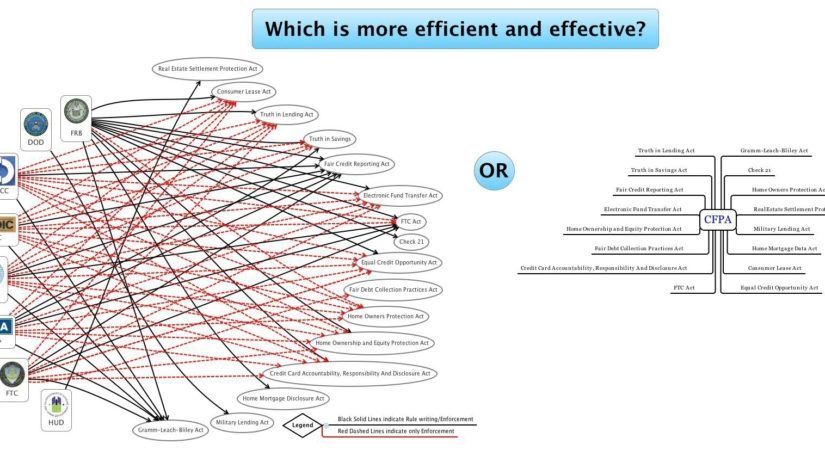District Court (Del.) Rejects Rucker Claim Against Car Dealer
In Anderson v. Frederick Ford Mercury, Inc., --- F.Supp.2d ----, 2010 WL 960423 (D.Del. 2010), Judge Robinson denied a Plaintiff Rucker damages for alleged ‘back-dating’ in a spot delivery situation, and granted summary judgment to the defendant automobile dealer. Judge Robinson explained: The TILA was enacted in order “to assure a meaningful disclosure of credit terms so that the… Read More

